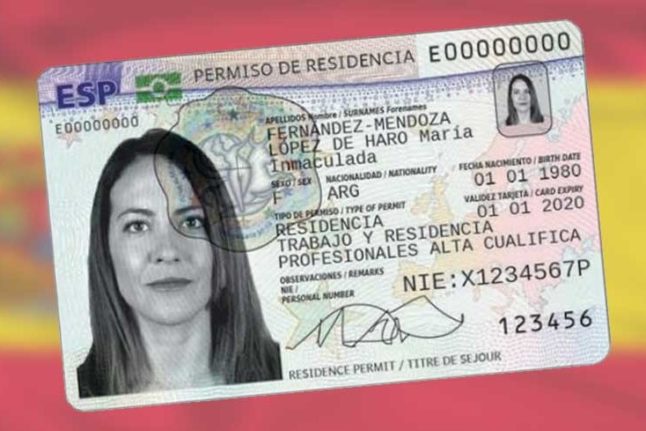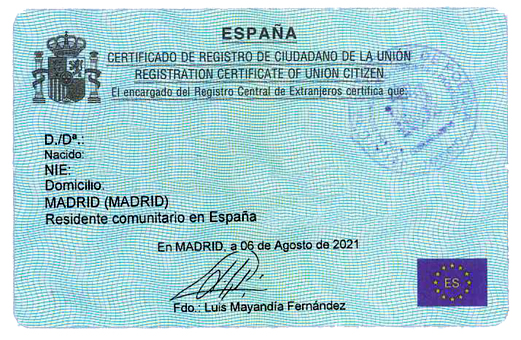One of the downsides of Brexit for UK music lovers in Spain has been that British artists and bands can no longer go on tour in the country without having to first arrange third-country audiovisual work visas for their whole crews.
Most EU nations have signed bilateral agreements with the British government to alleviate the fallout of the UK leaving the bloc but unfortunately Spain, together with Croatia and Bulgaria, were until now the only three countries with no alternative arrangement in place.
As of November 14th that changes, as the Spanish Cabinet has followed the advice of Spain’s Association of Music promoters (APM) as well as their British counterparts LIVE and the Association for British Orchestras (ABO) to find a solution to the visa obstacle.
As explained in the official state bulletin (BOE) dealing with the decree, British musicians, actors and other artists as well as other people who form part of the audiovisual sector will be able to carry out their work activities in Spain for 90 out of 180 days without requiring a work visa.
“We are delighted that our hard work has paid off and the Spanish Government has agreed to lift the restrictive visa process for touring artists, ending the complicated and painful process of expensive visa applications,” Craig Stanley, Chair of the LIVE Touring Group said.
A whole host of people came together both here and in Spain to fix this situation and this shows what we can achieve as an industry when we work together.
The ruling is in fact good news for artists and production teams from all non-EU countries, not just the United Kingdom, as the waiving of the work visa requirement applies to all third-country nationals who work in the audiovisual sector.
The bureaucratic nightmare involved in performing in Spain post-Brexit recently became evident when two indie groups – Squid and Black Country – cancelled their performances in late October in Madrid, Barcelona and San Sebastián.
According to the groups and organisers Primera Sound Tours, “bureaucratic problems derived from Brexit” were the reason for the cancellations, as each work visa for band members, road crew, technicians and other sound personnel would have cost €400, making their concerts financially unfeasible.
Add to this the slow and complex bureaucracy that accompanies this visa process (Spain has famously lost several big Hollywood deals as a result) and it became fairly unappealing, especially for smaller bands that don’t have the manpower or resources.
“Until now, artists and their promoters have had to make applications for short-term visas entirely in Spanish, provide a host of itinerary details before having even been given the green light for the tour to go ahead – including accommodation and flight allocations – and give proof of applicant earnings of up to nearly £1,000 before ever having left the country,” UK live music trade body LIVE stated.
“Costs were also prohibitive, amounting to over £10,000 for an orchestra to visit Spain for up to five days.
“Touring artists and their production teams were also required to wait for over a month for a decision, making long term scheduling – vital for successful international touring – impossible.”
The Spanish Cabinet’s ruling represents a boost for Spain and the UK’s live music industry, as the Iberian nation is the fifth largest live music market in the world.
For months, the music industry has been warning of visa problems that awaited UK bands performing in Europe. On the other hand, EU performers don’t generally require a visa to perform in the UK.
READ ALSO: Can Spain really become ‘Europe’s Hollywood’ as PM suggests?




 Please whitelist us to continue reading.
Please whitelist us to continue reading.
Member comments